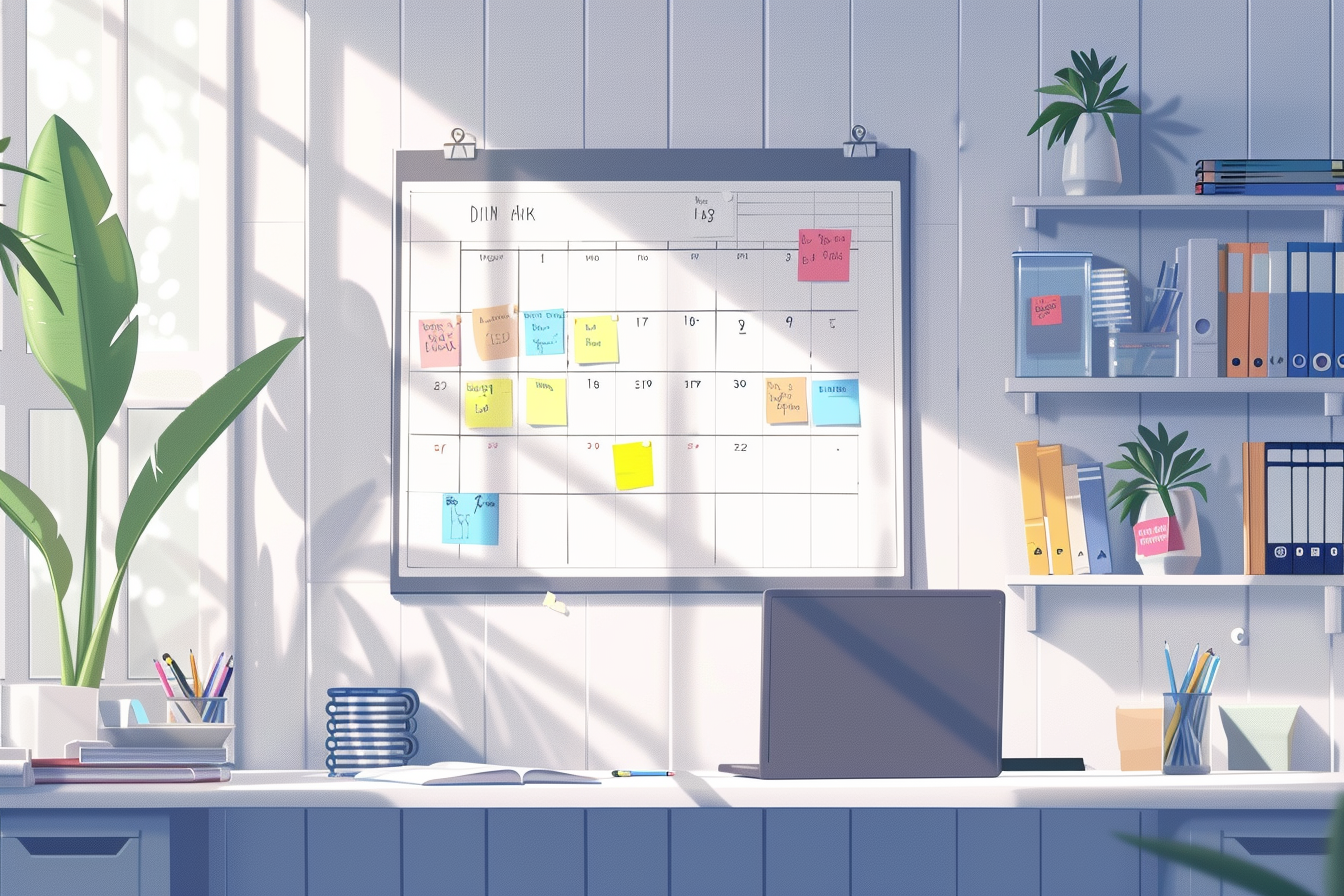Random Reminders vs. Scheduled Alerts - Maximizing Task Recall

Ever been in that spot where you’re trying your best to keep track of everything, only to end up forgetting half of it by the end of the day? Yep, been there, done that. It's like no matter how many alerts we set, our brain decides to play hooky when it’s time to actually remember them. This is where the showdown between random reminders and scheduled alerts gets interesting, especially when we're talking about maximizing task recall.
Scheduled Alerts: The Memory Joggers
Think of scheduled alerts as those sticky notes you plaster all over your fridge, except they’re in your phone and less likely to fall behind the couch. They're great for planning, pegging tasks to specific times so you can march through your day with military precision. The problem? When everything is a priority, nothing is. Our brains can get a bit too comfy with the routine, making it easier for these reminders to fade into the background noise of our daily hustle.
Random Reminders: The Surprise Element
Now, enter random reminders, the wildcard of memory aids. Imagine you're knee-deep in work, and suddenly, a reminder pops up to stretch your legs or drink some water. It’s unexpected, a little jolt out of the blue, and that’s exactly why it works. This element of surprise keeps our brain on its toes, making these reminders stickier in our memory. Because they're not part of the regular schedule, they stand out, and our brain pays attention to them, improving recall.
Mixing It Up for Maximum Recall
So, how do we use this info to our advantage? It’s all about creating a blend that keeps your brain engaged and your memory sharp. Scheduled alerts should be your go-to for non-negotiable tasks that need to happen at a specific time. But for everything else? That's where random reminders can shine, adding an element of unpredictability that boosts recall.
Untimely offers a unique way to merge the reliability of schedules with the spontaneity of random reminders. It's a method that not only helps you manage your tasks but does so in a way that makes them memorable. Give it a whirl; your memory (and to-do list) will thank you.